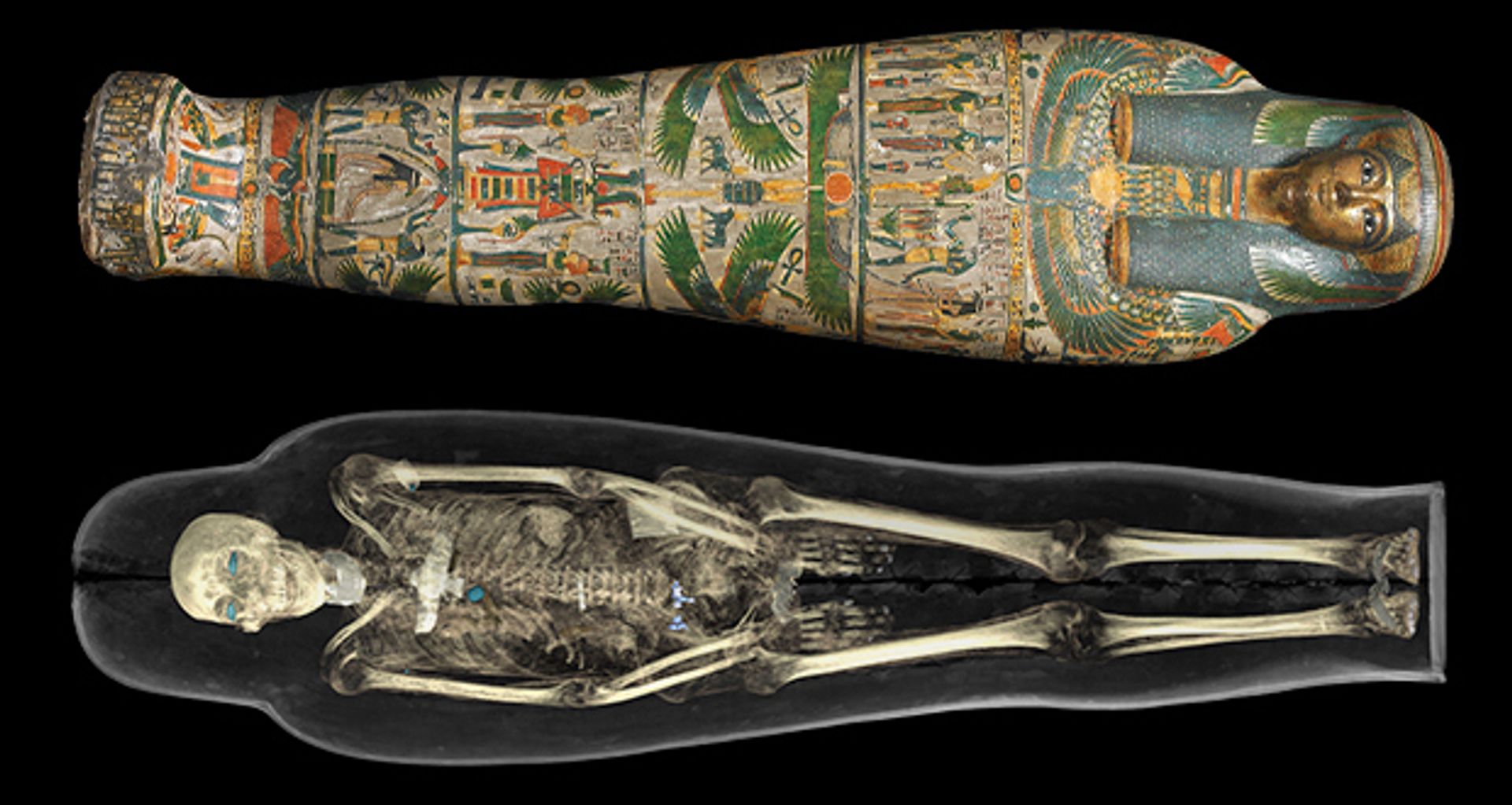The British Museum announced today the launch of a stand-alone department for scientific research, thanks to support from the Wellcome Trust. Formerly part of the London institution’s conservation department, its separation signals the museum’s intention to grow this area so that more of its cutting-edge research into its permanent collection can be shared with the public through online initiatives and exhibitions, like the 2014-15 show Ancient Lives, New Discoveries, which used interactive displays to tell the story of eight Egyptian mummies from the museum’s collection.

The new department is being led by Carl Heron, a professor of archaeological sciences at the University of Bradford in northern England. A specialist in the identification of organic matter found in archaeological materials, his interests fall in line with one of the key areas of investigation on the British Museum’s five-year research agenda: new approaches to organic artefacts. The institution also plans to focus on ancient human health and diet, preserving and protecting the past and ancient technologies and materials.
Trustee Paul Nurse says Heron is a “great asset” to the museum as it “seeks to shape its scientific research programme for the future. Scientific analysis of the collection is of vital importance as we seek to understand and share our knowledge of these extraordinary objects with the widest possible audience”.

